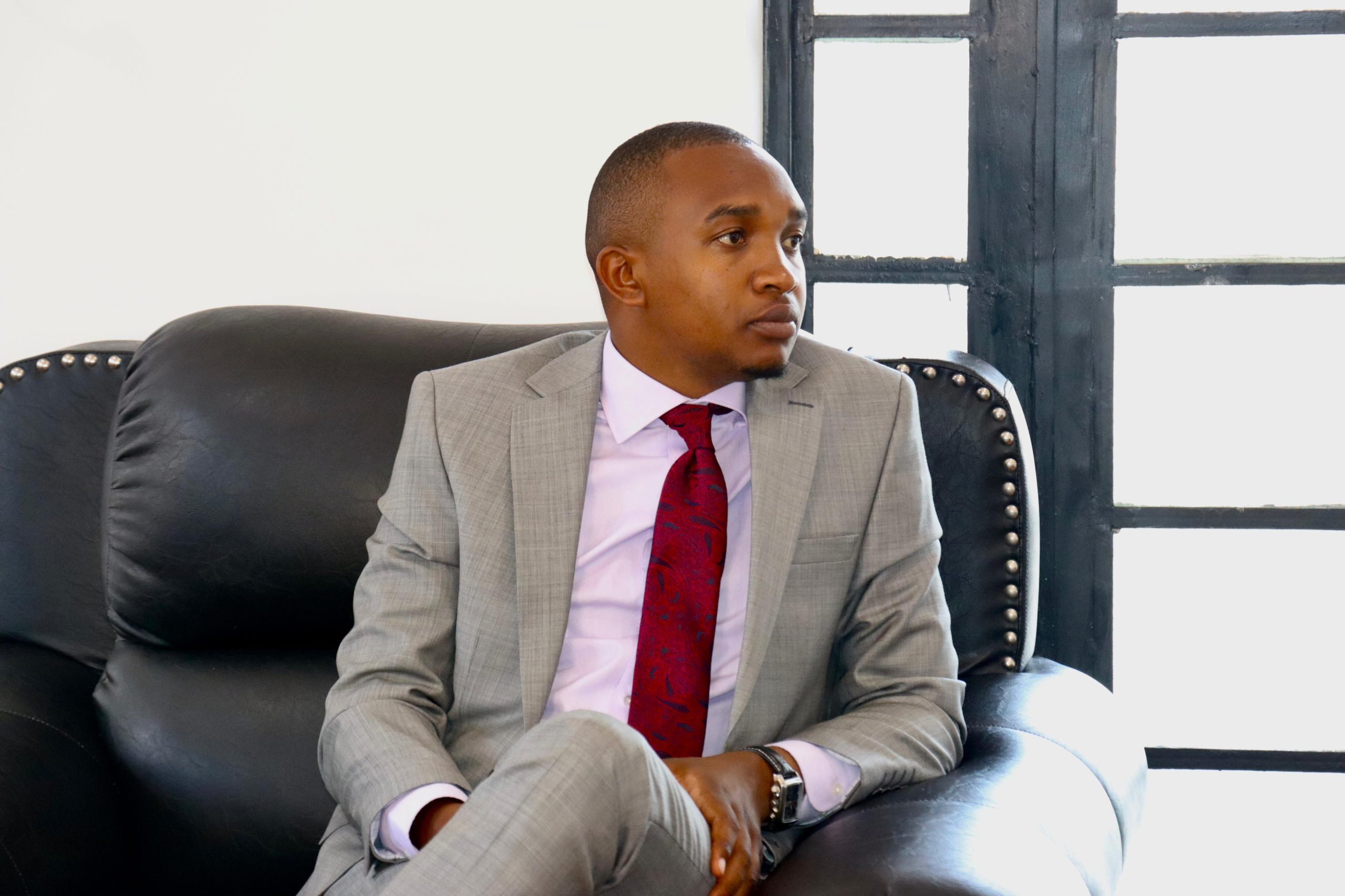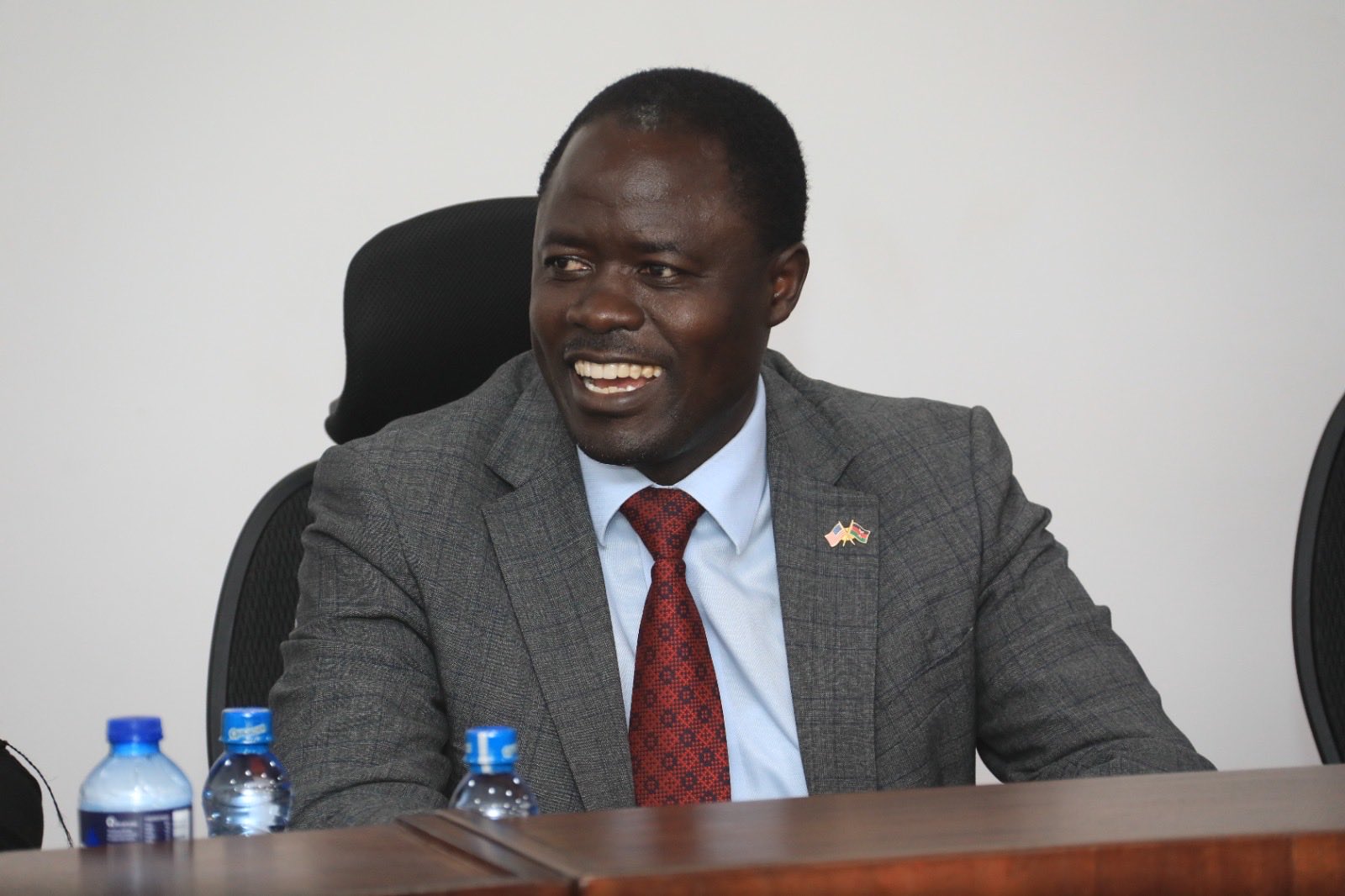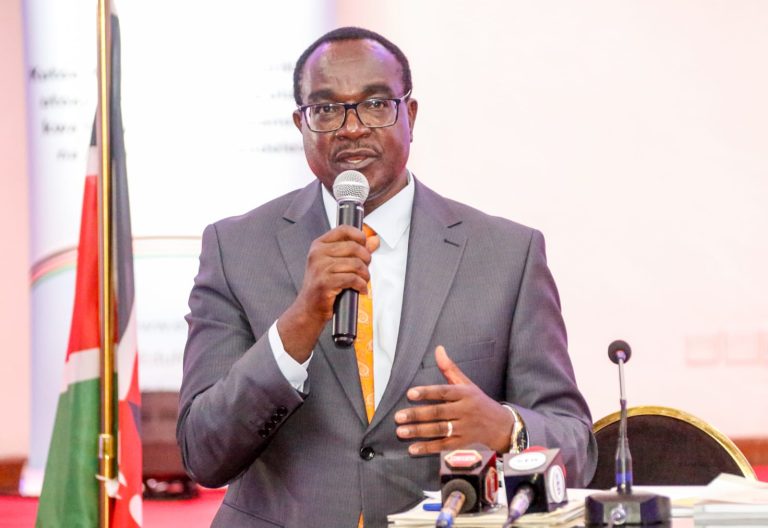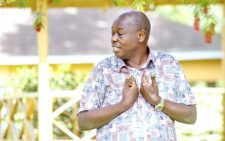Civil society must raise its voice for our rights

Amid a public outcry over tax proposals in the Finance Act, 2024, questions abound about civil society’s role in supporting citizens’ human and socio-economic rights.
Kenya’s once vibrant civil society movement is remembered for the second liberation struggle and the birth of a new Constitution.
However, in recent years its function as a link between the state and society – probing needs the state is unable or unwilling to meet – has not been profoundly felt.
Civil society is a forum for people with common goals and interests seeking to further develop the ideals for a more democratic state. It creates the conditions for human rights and social and economic justice to be achieved.
The diminishing impact of Kenya’s civil society in championing democratic reform and citizen mobilisation in defending the Constitution has led to the weakening of democratic practices, institutions and cultures.
This weakening influence contributes to the inability of these institutions to be more responsive to development themes and their propensity for violation of human rights.
State-instigated human rights violations recently saw thousands of people living on riparian land in Nairobi’s informal settlements inhumanely evicted following floods.
Civil society’s dip in citizen guidance power – the phenomenon of shrinking, closing or closed civic space – is a concern not only in Kenya and the region but globally.
The United Nations Civil Society Conference held in Nairobi from 9-10 May ahead of the Summit of the Future brought together UN member states, agencies, NGOs, civil society organisations (CSOs), academic institutions, the private sector and the youth.
September’s Summit of the Future in New York aims to forge a new global consensus on what our future should look like and what we can do today to secure it.
UN Secretary-General Antonio Guterres said the Nairobi conference promised a new era of engagement spanning ages, regions and sectors, focusing on civil society’s energy and expertise for maximum impact.
The meeting was a testament to civil society’s enduring strong voice despite rising threats and shrinking space. The summit must therefore resonate with civil society’s priorities, concerns and expectations.
Such major concerns also arose during last week’s launch of Inuka Kenya Ni Sisi’s CSO Resilience Report on civic space dynamics and resilience in East Africa.
Civil society must raise its voice and defend its space more vigorously on behalf of millions of citizens. Its capacity to contribute to this cause is enhanced by the principle of public participation entrenched in the Constitution.
Public participation in robust opposition to the Finance Act, 2024 is based on the belief that without the sense of “ownership”, citizens will not understand, respect, support and live within the bounds of the Constitution. Public participation is one of the national values and principles of governance and development.
Kenya has one of the most vibrant civil society sectors in the region, with more than 50,000 NGOs, foundations, trusts, occupation-based associations, and groups working at the national, county and community levels.
Four years of state-NGO consultations led to the adoption of the Public Benefit Organisations Act in 2013, replacing the NGO Coordination Act (1990) and introducing a new legal, regulatory and institutional environment for the sector.
The PBO Act remained dormant until 9 May 2024, when it came into operation, just before the UN Civil Society Conference in Nairobi. Kenya’s civil society is now armed to raise its voice for long-suffering citizens.
— The writer comments on constitutional affairs — albertoleny@gmail.com












